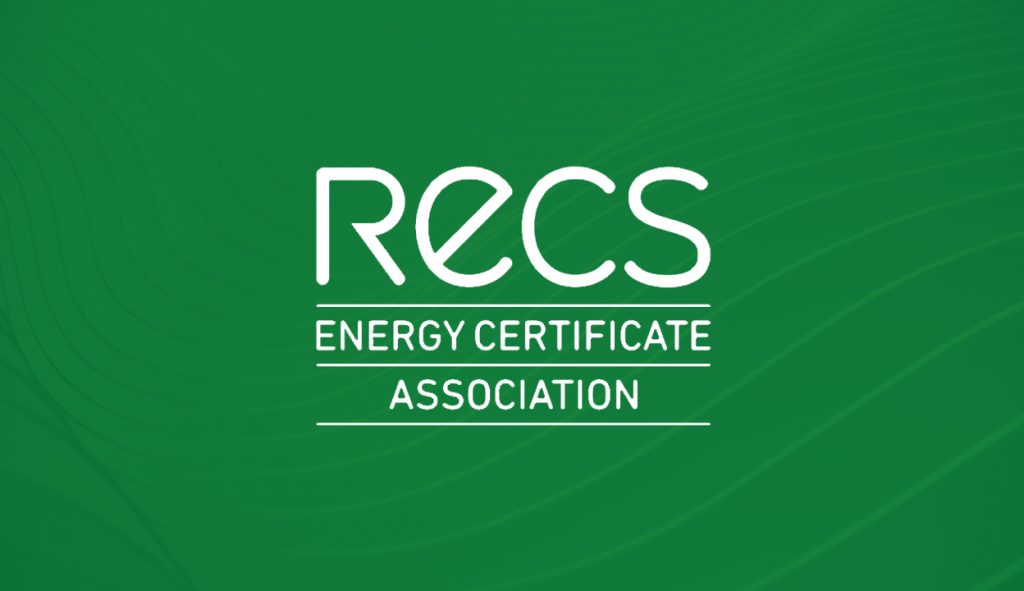Early on July 1st, 2014 the European Court of Justice (ECJ) ruled in favor of Swedish Energy Agency (Energimyndigheten) in the case brought by Alands Vindkraft. The ruling did not adhere to the earlier Opinion of the Advocate General which may have found Article 3(3) of the European Directive 2009/28/EC, The Renewable Energy Directive, invalid. Article 3(3) allows for national governments to deny access to their renewable electricity support schemes for electricity producers located outside their national borders. In doing so, the Opinion of the Advocate General explained that Article 3(3) of the Directive contradicted Article 34 of the Treaty on the Functioning of the European Union (TFEU), which guarantees the free movement of goods within Europe.
RECS International is disappointed with today's rulings. The ECJ has allowed the continuation of protectionist electricity support schemes which encourage electricity producers to go for the highest subsidies and not the most cost-efficient new renewables.
RECS International's position is that an efficient, effective European market for renewable energy is one that allows producers of mature renewable technologies to place wind turbines where the wind blows the hardest and solar panels where the sun shines longest. Naturally other factors will also influence the decisions of a producer, including access to the grid and other costs related to generating renewable power. RECS International also recognizes that financial support will continue to be required if Europe is to meet its 2020 renewable energy growth targets and its potential 2030 targets, once these are agreed. Such support is best provided by focusing on the location where renewable energy is consumed and not where it is produced. The member state where the renewable electricity is consumed should be able to claim this electricity towards its national renewable target.
RECS International will prepare an official press release in the coming days.

